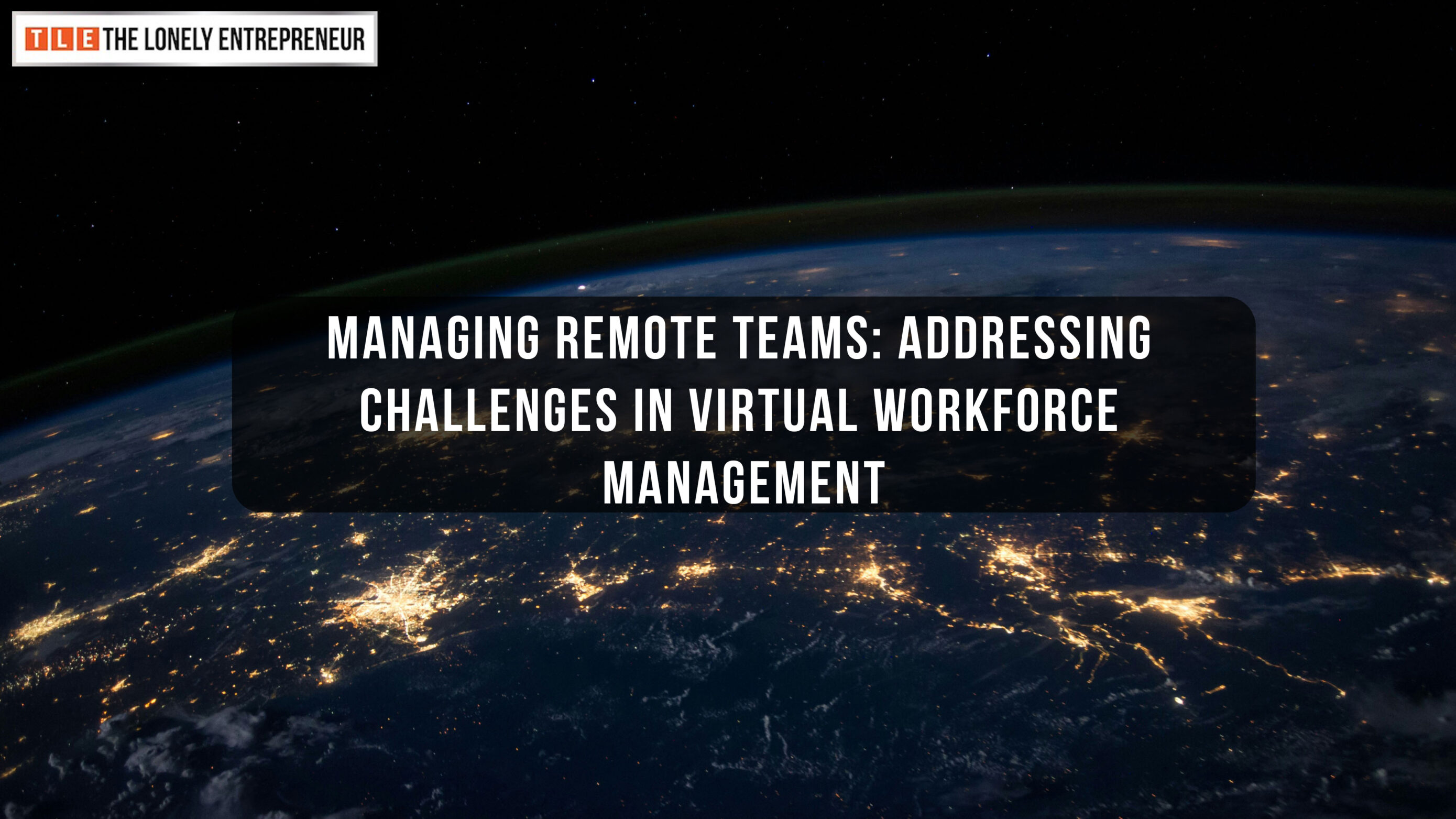Perspective of the Day – Managing Remote Teams: Addressing Challenges in Virtual Workforce Management
Managing remote teams requires coordination, communication, and trust to make sure everyone plays in harmony.
To manage remote teams, you need to maintain engagement, productivity, and a strong sense of connection across digital spaces.
Keeping Communication Strong in Remote Teams
Communication is key here. In a remote setting, it’s easy for messages to get lost in translation or for employees to feel disconnected.
Clear, consistent communication is the backbone of remote team management.
Utilize a mix of communication tools—video calls for face-to-face interaction, instant messaging for quick questions, and project management platforms to keep everyone aligned on tasks and deadlines.
Trust is the Glue to Managing from Afar
In a traditional office, managers can physically monitor productivity, but remote work requires a shift to results-oriented management.
Trust is essential—remote teams thrive when they are empowered to take ownership of their tasks.
Set clear expectations, provide the necessary resources, and give employees the autonomy to execute their responsibilities without micromanaging.
Culture in the Cloud: Keeping Teams Rooted
The next hurdle is then maintaining company culture. Remote work can make employees feel isolated or disconnected from the company’s mission.
Culture is not defined by proximity; it’s defined by shared values, goals, and experiences.
Foster a strong, inclusive culture through virtual team-building activities, regular check-ins, and an open-door policy that encourages employees to share ideas and concerns.
Prioritize Work-Life Balance in a Remote Environment
That is why managing work-life balance is crucial. Remote workers often struggle with boundaries, leading to burnout or a lack of focus.
Effective remote management includes ensuring employees have the flexibility to balance work and personal life without feeling overburdened.
Encourage regular breaks, respect personal time, and establish clear work hours to maintain a healthy balance.
You Can Grow Together From Anywhere
Managing remote teams isn’t just about overseeing work; it’s about creating an environment where communication flows, trust is built, and employees feel connected to both their work and the larger mission. Remote team management requires intentionality, empathy, and a commitment to maintaining both productivity and a sense of belonging. By addressing these challenges, you can build a remote workforce that is engaged, effective, and aligned with your company’s objectives.
Looking for expert guidance to navigate economic uncertainty? Explore now The Lonely Entrepreneur’s Sidekick 1:1 Consulting or join our Learning Community for comprehensive support and resources tailored to your needs. Join POTD Today!

